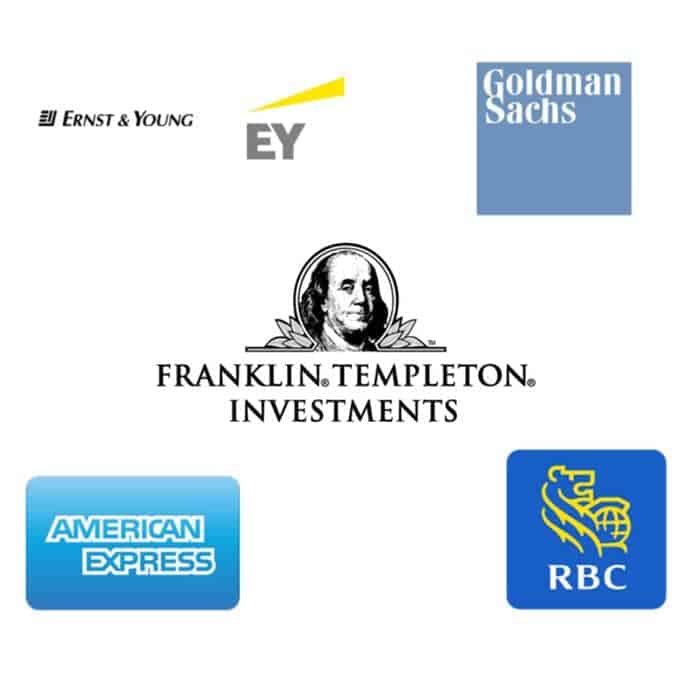MASTERS IN FINANCE SALARY AND JOBS
A Masters in Finance salary fluctuates depending on the level of hierarchy one has obtained in the finance world. One can go for many career options in the finance field but before that one needs to have a strong grasp over finance. One can go for courses like finance theory, investments, analytics, and strategies.
Afterward doing Masters in Finance can accelerate your growth and hike your salary manifold. Going for these courses from top universities helps as compared to some average universities.

Why Masters in Finance
There are so many degrees already in the market similar to Masters in Finance like MBA and all. So, why should one go for Masters in Finance? MBA programs take two-to-three years, students can earn a Master’s in Finance in just one year. That means it is more affordable. Beginning Masters in Finance salary, in the beginning, tend to be lower, but that is partly because there is no work experience required to apply to the programs. MBA applicants usually must have five to seven years of work experience before entering the degree path. Financial positions are changing, however, and many professionals with MBAs are going back to school to get a Master’s in Finance as well to hedge their bets.
Masters in Finance programs zero in on finance in a comprehensive manner, with varied courses like financial theory, mathematics, quantitative finance, investments, markets, financial reporting and analysis, and valuation. The thing to note here is that these programs do not require any prior work experience. Hence Masters in Finance graduates are typically younger compared to MBA counterparts.
Masters in Finance salary is less than MBAs since an average MBA graduate usually have 3-5 years of work experience already under their belts. MBA has been at the top for a long time but now it is becoming crowded. So, more people are opting for Masters in Finance and getting better results.
Top Schools for Master in Finance

Financial Times rankings are one of the most trustworthy metrics used for gauging the performance of Business Schools. As per reports of a survey conducted by GMAC, 58% of business applicants told that they prefer the curriculum and structure of Masters Degree to that of an MBA
Which ones top the FT’s list?
Below is the ranking of Masters in Finance program from top colleges-
Other than the schools mentioned in the table, three of the top-five schools for the number of earnings are in China namely The Tsinghua University School of Economics and Management in third place; Peking University’s Guanghua School of Management in fourth; and Shanghai Advanced Institute of Finance in fifth.
For more details on Top Masters in finance programs do check out our blog: Top 30 Masters of Finance Programs
There are many reputed companies hiring Masters in Finance graduates from above-mentioned colleges like Goldman Sachs, RBC, American Express etc.

| Job Title | Master in Finance Salary (2018) | Job Growth (2014-2024) |
| Financial Analysts | $81,760 | 12% |
| Personal Financial Advisors | $90,530 | 30% |
| Financial Managers | $121,750 | 7% |
| Budget Analysts | $73,840 | 3% |
| Compensation and Benefits Managers | $116,240 | 6% |
Financial Analysts
What does a Financial Analyst do? As the name suggests, the role of a financial analyst is to guide entrepreneurs, businesses and different kind of people in evaluating their respective financial situations and accordingly selecting investments that suits their needs the best. Financial Analysts use metrics like stocks, share market, bonds etc for their evaluation. In case of businesses, they look at present value, growth forecast, strengths and weaknesses of the management team. As one goes up the hierarchy, Masters in Finance is required.
Personal Financial Advisors
As the name suggests, Personal Financial Advisors work with their clients and help in managing their personal finances, creating a long and short term growth plan, suggesting them avenues where they can get great ROI. To be a personal Financial Advisor, one needs to be highly competent and well informed about different kind of taxes, mortgages, policies etc. Other tasks that Personal Financial Advisors need to do are supervising their client’s accounts etc. Masters in Finance would be a great help if someone is looking to make their career as Personal Financial Advisor.
Financial Managers
If you want to be a Financial Manager, Masters in Finance will be a necessity as industry generally prefers candidates who have a masters degree in their resume compared to those with only bachelor’s. Financial managers execute hard financial decisions and are basically responsible for augmenting profits and diminishing losses. Financial Advisors specialize in fields like insurance, credit, risk management etc.
Budget Analysts
Same as Financial Managers, to be a budget analyst, candidates with Masters in Finance are preferred over other candidates. What exactly Budget Analysts do? They assist organizations in managing their budgets, evaluating their finances and predicting their future budgets. Budget analysts also work on budget proposals for accuracy, keep an eye on their spending and assist take decisions with regards to costs of their proposed plans. Budget Analysts also assist managers and other officials on the top of the hierarchy regarding the status of the budget.
Compensation and Benefits Managers
Compensation and benefits managers as the name suggests have a wide array of responsibilities. Having a Masters degree can be a great help in this profession. As the name suggests compensation and benefits manager look after employee’s payment, benefits, etc. They also oversee the company’s pay arrangements, ascertain their incentives and ensure competitive pay rates. Whereas Benefits managers look after employee retirement schemes, insurance policies, etc. Their responsibility is to ensure that the company offers legally abiding and competitive programs in accordance with current regulations.
Verdict
Once you get out into the business world, how you use your master’s in finance degree also affects your income potential. An employer who is just as impressed with a general master of business administration (MBA) degree as a master of finance degree might not reward the specialized skills you have worked so hard to cultivate. For the best chance at earning the most money, you should look for employers and opportunities where your targeted education will be appreciated. Often, master’s in finance graduates find analyst roles in environments like commercial banks, investment banks, and accounting firms.
With a master’s in finance degree, you can earn salaries well above the median wage for all occupations. Strategically planning your education and career moves can help you boost your salary even more.